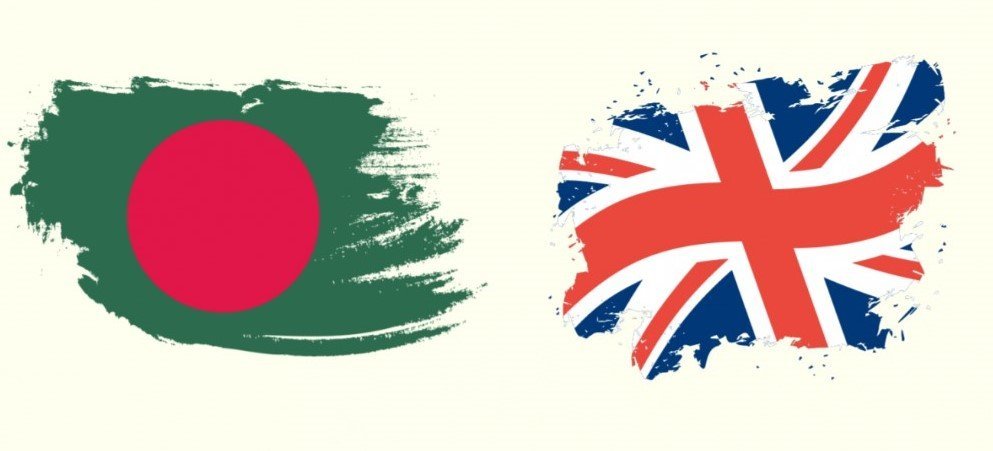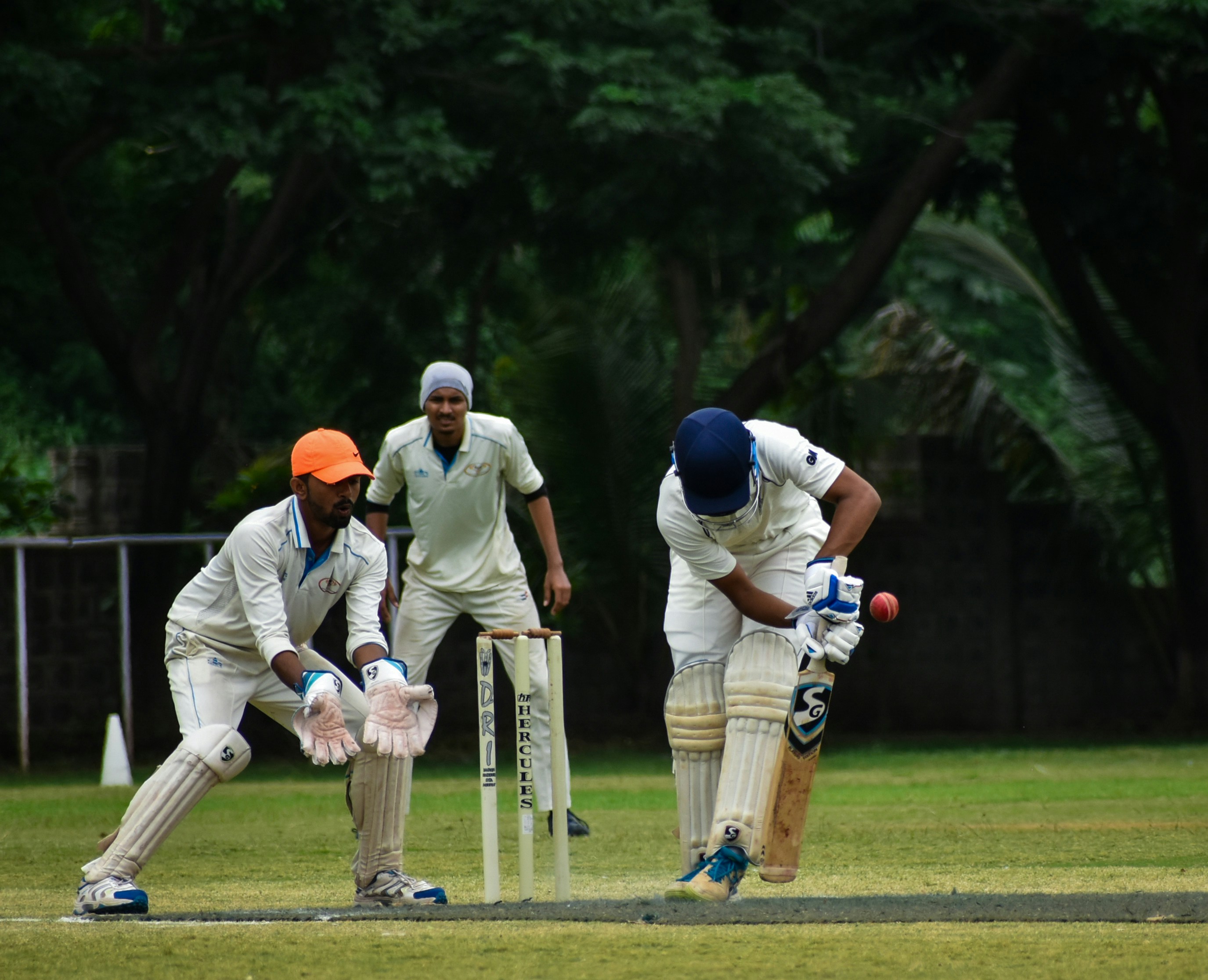
Book Name;
Islam and Identity Politics Among British-Bangladeshis; A Leap of Faith
Author Name:
Professor Ali Riaz
Please note that this article may contain affiliate links !!!!
It is human nature that always remembers its past and has nostalgia for it. Wherever and whenever it finds vent for it, it expresses itself in one form or another form.
However, distant and developed they may become, they long for their past how pleasant and sweet was it!
This nostalgic feeling is very common among people living in a foreign alien land where most and often they fear their future and sometimes face xenophobic reactions from the indigenous people.
For its resolution, they rely more on identity politics than on anything else. Where they concentrate sharply on their separate, and focused identity distinct from the mainstream politics of the land they live in.
This we may call a type of social alienation of the concerned ethnic diaspora which lives mostly in the same areas holding fast to their social, and cultural values.
Chinatowns quickly come to mind they are traditionally protected by the imperial guardian lions!
The same phenomenon is more or less common in all other diaspora living in any part of the world.
Also Reading: The melting emotions in politics
Bangladeshis are no exception for it. The book in discussion analyzes raison deter for the British Bangladeshis to opt for a religious-based identity in place of an ethnic one. Of the 170 million population of Bangladesh, nearly 10 percent constitute a minority of which 8 percent follow Hinduism.
Should there is no place for the minority in the large chunk of the majority or do they have to be set aside and treated as Bangladeshis of lesser importance? Such and more questions have been delved deep at the micro level using the role and behavior of British Bangladeshis in the political life of the United Kingdom.
The author supports his claim with statistical data about the Bangladeshi immigrant, their jobs, and social and income structure in the UK to analyze the emergence of this religious-based identity politics in them.
For his analytical framework, Riaz uses the three events of 2005 and 2006 to study the emergence and growth of political Islam among British Bangladeshis.
The winning of the Respect Party’s George Galloway in the election of 2006 from the constituency of Green Bethnal Green and Bow with the alleged support of the Islamic Forum of Europe (IEF), a movement supposedly led by Bangladeshis Muslims for Islam and Sharia in the UK and Europe. Importantly Bethnal Green and Bow constituency has a majority of British Bangladeshis diaspora living in it.
The filming and depiction of the British Bangladeshis in the 2007 movie, Brick Lane, a London street populated by them since 1959s, and the protests of the Bangladeshis diaspora over their misinformed and wrong characterization irked them.
A Bangladeshi religious scholar, Delawar Hossain Sayeedi’s visit in July 2006 also sparked tension and stress in the social and political life of British Bangladeshis. Sayeedi was convicted and imprisoned for war crimes in the Liberation War by the Bangladeshi International Crime Tribunal. This again motivated and reconnected the British Bangladeshi diaspora on the commonality of Islam as an identity of theirs.
Also Reading: Netting the terrorism in South Asia
How a country, Bangladesh, was created as secular by its founder, Sheikh Mujib ur Rahman, who gave principles of Mujibism to his nation turned into a religious one is a combination of four internal factors whose failures give this result.
The first one is the failure of Secular leadership to deliver to their people, the second is the rise of religious groups in the 1980s and 1990s due to one reason or another, the strong one may be that of the Afghan war, and financial support and political and social infrastructure given to them. These factors catalyzed redrawing of the identity of individuals and the community alike.
The other cogent element that has a more cutting effect than the other ones is the British government’s policies and behaviors towards immigrants, especially Muslims, and their involvement in some problems and issues about which the Muslim community at large is very sensitive and choosy.
The 240 pages book is divided into 5 chapters though majorly focusing on the British Bangladeshis illuminates the rise of religiously specified identity politics among them. But this provides a clue to its readers about the look-alike situations in other communities as well.


